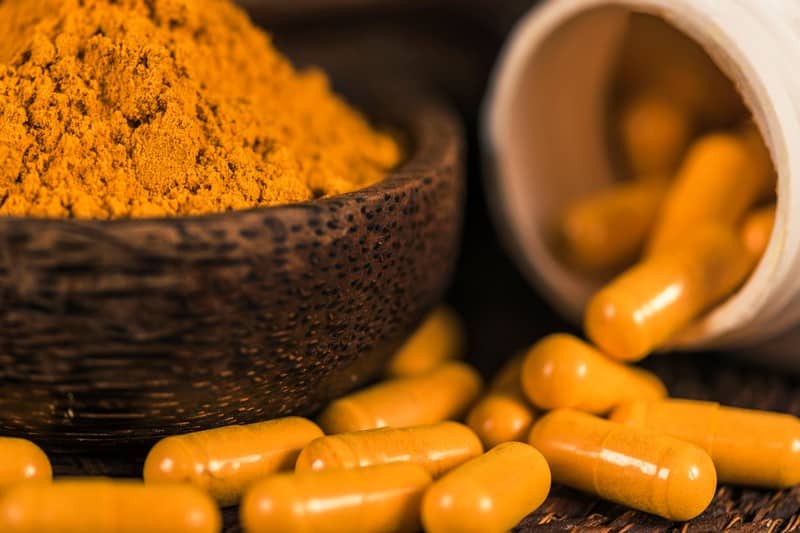Turmeric

The spice that gives the yellow color to curry is called turmeric. For years, it’s been used as an ingredient or a spice. However, it’s also widely regarded for its medicinal properties. The compound responsible for its antioxidant and anti-inflammatory effects is curcumin. And this boasts health benefits that include, but aren’t necessarily limited to, boosting brain-derived neurotrophic factors, lowering heart disease risks, treating Alzheimer’s disease, and easing arthritis symptoms.
Moreover, the plant’s strong biological properties might help treat diseases associated with the liver. For example, studies indicate that turmeric can be used in tandem with antiviral medication and can potentially inhibit hepatitis. Additionally, most research suggests that it’s safe for use, as people stick with the recommended amount. However, when used excessively, it may cause an upset stomach.
It’s also worth noting that turmeric’s purifying properties can make a person bleed easily. It isn’t clear why it happens, but some think its ability to lower cholesterol and blood pressure might cause how turmeric functions in the blood. Thus, it’s ill-advised for pregnant women to take turmeric due to the blood-thinning effects of the plant. Turmeric may also stimulate contractions and stimulate labor.










